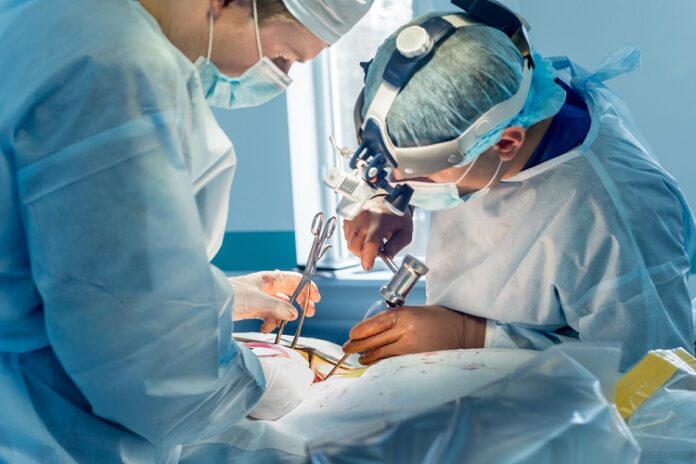It is natural to be anxious about having surgery on your neck and back because of how essential your spine is to your daily functioning. The good news is that many causes of neck and back discomfort and problems can be treated with minimally invasive procedures that shorten recovery times and boost success rates. Careful attention to recuperation after a simple process like minor back spine surgery Savannah or a major operation like spinal fusion is essential for avoiding complications and maximizing the likelihood of a positive outcome.
Table of Contents
Follow-Up Care and Exercises Following Spinal Surgery
- Do not rush back into your regular routine before your body can handle it. In order to give your body a chance to heal, it is important to get enough uninterrupted sleep at night and to move around often but gently during the day.
- Make careful to take any prescribed drugs precisely as directed by your doctor. If your doctor has given you a brace to help stabilize and support your body while it heals, be sure to use it as directed.
- Reach out for help if you live alone or with others, it is still a good idea to have someone lend a hand occasionally with things like meal prep and errands. If you require more intensive support, private-duty healthcare providers are available for hire daily, weekly, or monthly to meet your needs.
After Spinal Surgery, What You Should Not Do
- It is possible that you will need to avoid bending over for a few weeks; if so, you should get your house ready ahead of time by putting frequently used items within arm’s reach, buying a lightweight “grabber” to help with picking things up, and stocking up on flip-flops or other easy-slip-on shoes to prevent you from having to bend over to put on or tie your shoes. You should ask your doctor for recommendations on how much bending you may safely avoid.
- Stay away from alcoholic beverages because not only can they bring down your mood and make your recovery more difficult, but they can also have a negative interaction with pain relievers and other medications that you might be taking.
- Avoid exercises that could harm your recovery or cause you injury other than the light physical therapy advised by your doctor. You need to stay away from any exercises that might slow down your recovery or put you at risk of getting hurt.






